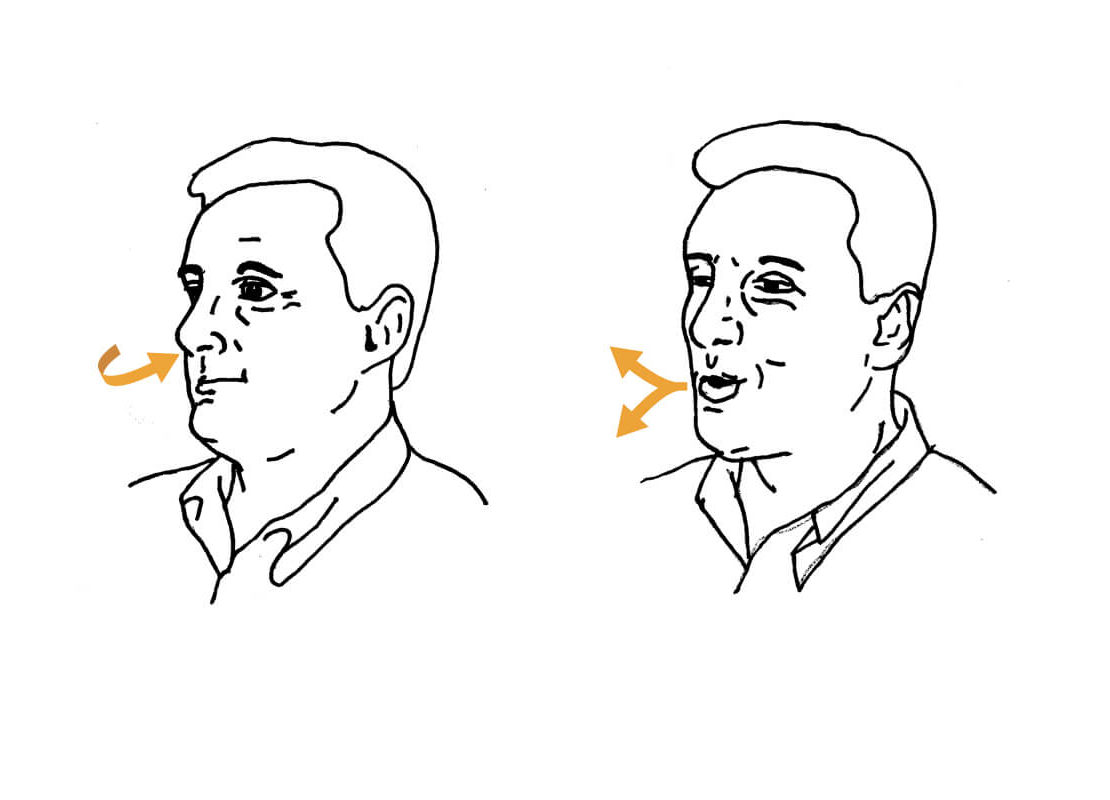On the 30th of January 2020, WHO announced the epidemic of SARS-CoV-2 coronavirus which causes the COVID-19 disease. At that time, nobody in Poland expected this situation to advance to what we see today. Furthermore, nobody could predict how important would be the role of physiotherapists in the treatment of this condition. This highly infectious disease first affects the respiratory system and, as it progresses, leads to respiratory insufficiency along with deterioration in physical fitness and mental condition of patients.
Life-saving physiotherapy
In the face of progressing epidemic, the highest priority is allocated to preparation of guidelines which could serve as principles of work for every physiotherapist assigned to treat COVID-19 patients. Releasing official guidelines becomes all the more important as more and more regional hospitals are being transformed into isolation hospitals. As a result, every physiotherapist – regardless of his/her specialty – can be appointed to work with such patients.
On the 3rd of March 2020, the Chinese Association of Rehabilitation Medicine published recommendations on the pulmonary rehabilitation of COVID-19 patients. After careful analysis of the experiences shared by our Chinese colleagues and basing on the guidelines currently applied in pulmonary physiotherapy, along with KIF we published recommendations which serve as a primary tool in the work of every physiotherapist. I believe that these recommendations prove that we should not fear to work with such patients. If security and safety standards are maintained, our work may not only allow for complete recovery of infected patients but it can also save lives.
Care provided by physiotherapists is critical at every stage of the disease, beginning from mild conditions to serious phases which require mechanical ventilation. It is also reasonable to start educating patients early on – everyone should be acquainted with techniques and positions for alleviating dyspnea, as well as possess emotional resources to cope with fear and anxiety.
Supporting the patient
Fear and anxiety – these two feelings are inseparable elements of everyone’s lives and they have been accompanying us every day of the epidemic. It is not only a fear of the unknown, but most importantly a fear of losing your life and health. Chinese guidelines strongly emphasize that patients who recovered from COVID-19 disease presented with typical characteristics of post-traumatic stress injury. Therefore, physiotherapists provide essential emotional support and sense of security by caring for their patients. This may become particularly important if the number of COVID-19 cases keeps growing, causing doctors and nurses to be overwhelmed with work. This is why we should all unite and support each other in the face of danger.
Pulmonary physiotherapy as a chance for patients
The major goals of conducting physiotherapy for hospitalized patients are the reduction of shortness of breath, improvement of restricted lungs’ capacity, prevention of complications resulting from respiratory insufficiency and immobilization, reduction of disability, improvement of the quality of life, reduction of anxiety and depression prevention.
Patients in serious and critical conditions will require further treatment in the intensive care unit. They are at risk of undergoing intubation and invasive mechanical ventilation due to acute respiratory failure. Many COVID-19 patients who use life-support machines often suffer from complete loss of spontaneous breathing due to administration of strong tranquilizers and sleep-inducing medications. Commencement of physiotherapeutic intervention in the right time can significantly reduce the duration of delirium, shorten the period of required mechanical ventilation and also improve patients’ functionality. However, it is worth remembering that this form of physiotherapy ought to be performed by physiotherapists who are qualified and experienced in conducting such procedures.
I would also like to encourage every physiotherapist to use this time of home quarantine for expanding their knowledge about the basics of pulmonary physiotherapy. I can particularly recommend the “Textbook of Pulmonary Rehabilitation” (Enrico Clini, Anne E. Holland, Fabio Pitta and Thierry Troosters). I also believe it is crucial to follow the latest reports published on the official WHO website and guidelines issued by KIF.
(*) Guidelines on conducting physiotherapy for adult patients with COVID-19 were prepared by a team which included:
Aleksandra Cieloszczyk MSc (University Clinical Center in Gdańsk)
Dr. Agnieszka Lewko (Department of Rehabilitation Sciences, Faculty of Health, Social Care and Education; Kingston University and St. George’s University of London)
Dr. Agnieszka Śliwka (Department of Rehabilitation in Internal Diseases, Faculty of Health Sciences; Collegium Medicum of the Jagiellonian University)
Dr. Tomasz Włoch (Department of Rehabilitation in Internal Diseases, Institute of Clinical Rehabilitation, Academy of Physical Education in Cracow; Department of Clinical Pulmonology and Allergology at the University Hospital of the Collegium Medicum of the Jagiellonian University in Cracow)
Dr. Anna Pyszora (Sub-Faculty of Palliative Care, Ludwik Rydygier Collegium Medicum in Bydgoszcz, Nicolaus Copernicus University in Torun)




